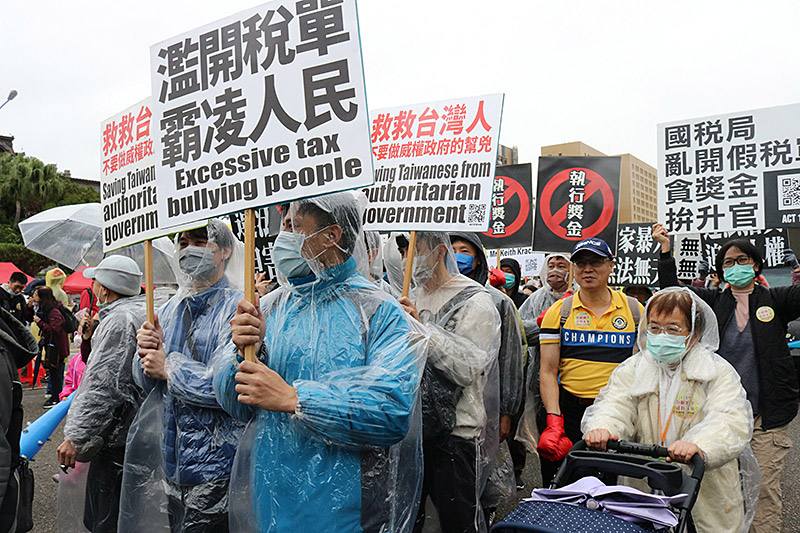Congressional Staffer Charged With Filing False Security Clearance Form
Allegedly Did Not Disclose His Failure to File or Pay Taxes
A congressional staffer was charged with filing a false security clearance form, on October 11, announced Acting Deputy Assistant Attorney General Stuart M. Goldberg of the Justice Department’s Tax Division, U.S. Attorney Jessie K. Liu for the District of Columbia and Assistant Director in Charge Andrew Vale of the FBI’s Washington Field Office.
According to the indictment, Issac Lanier Avant, a resident of Arlington, Virginia, was a staff member employed by the House of Representatives since approximately 2000. Since 2002, Avant has been the Chief of Staff for a member of Congress. In approximately December 2006, he began an additional position for the House Committee on Homeland Security, including Deputy Staff Director and Staff Director. The indictment charges that from 2008 through 2012, Avant earned wages of approximately $170,000 and failed to file an individual income tax return with the Internal Revenue Service (IRS) during those years. Avant allegedly had no federal income withheld during those years because in May 2005, he caused a form to be filed with his employer that falsely claimed he was exempt from federal income taxes. According to the indictment, Avant did not have any federal tax withheld from his paycheck until the IRS mandated that his employer begin withholding in January 2013.
In 2008 and again in 2013, for his position with the Committee on Homeland Security, Avant allegedly completed a Standard Form 86, “Questionnaire for National Security Positions” (SF-86), in order to receive a Top Secret security clearance. The indictment charges that on Sept. 18, 2013, Avant willfully made a false statement by responding “no” to the following question on a SF-86: “In the past seven (7) years have you failed to file or pay federal, state, or other taxes when required by law or ordinance?”
If convicted, Avant faces a statutory maximum prison term of five years, as well as a term of supervised release and monetary penalties.
An indictment merely alleges that crimes have been committed and defendants are presumed innocent until proven guilty beyond a reasonable doubt.
Source: U.S. Department of Justice
- 377 reads



